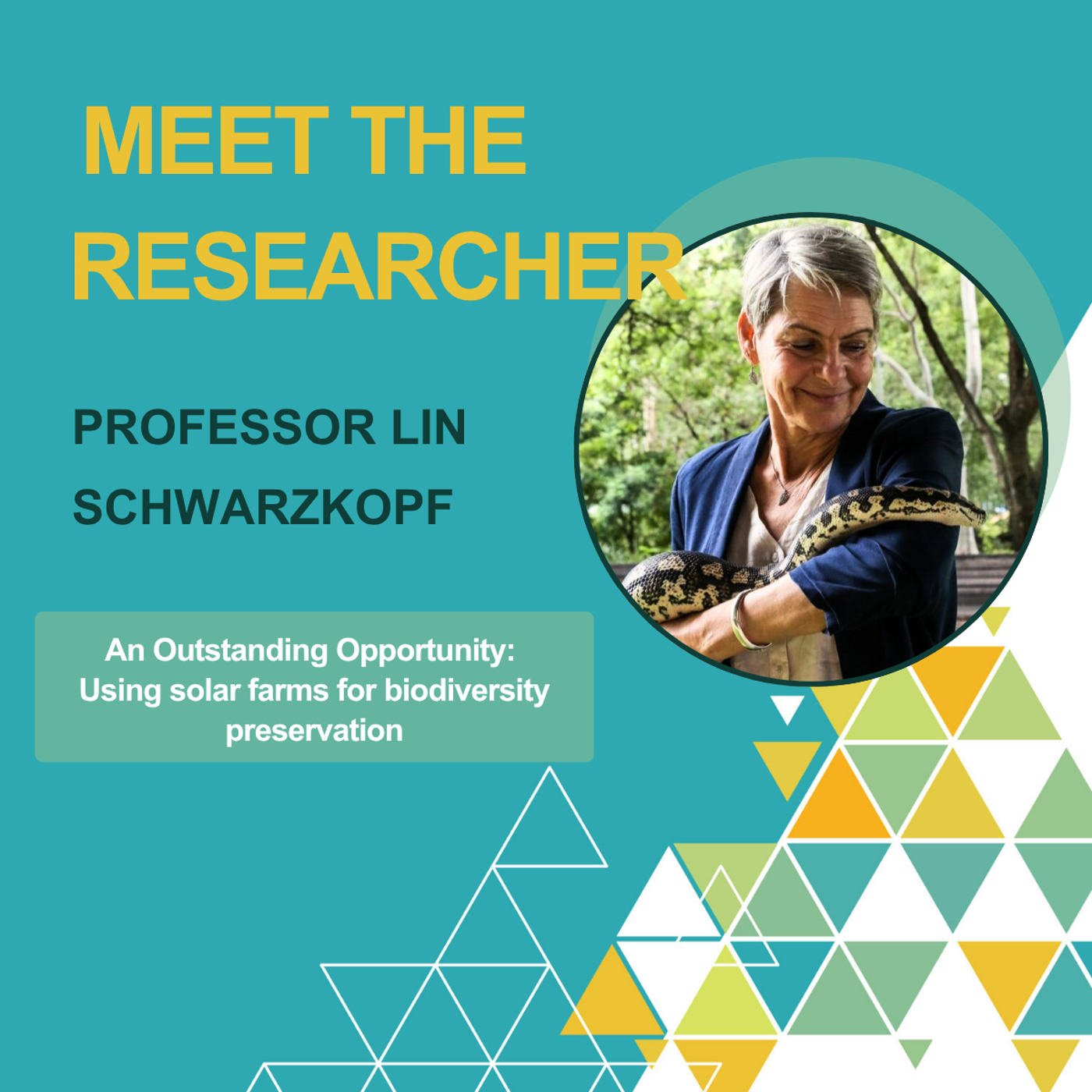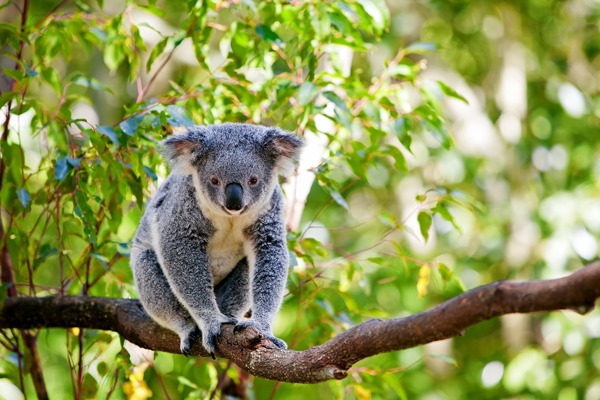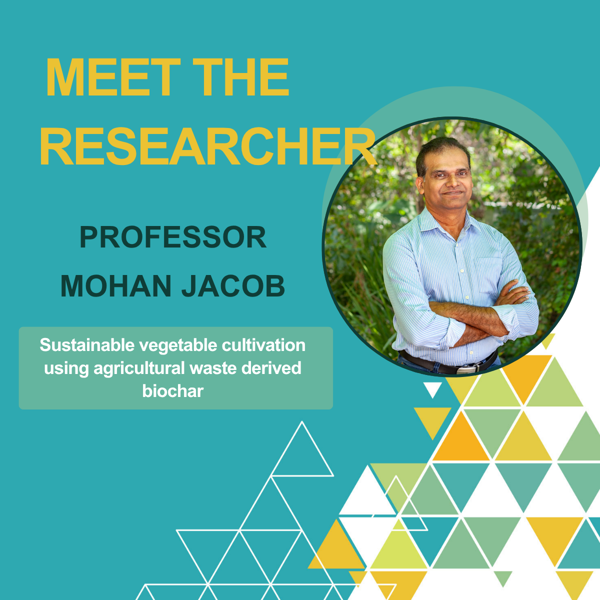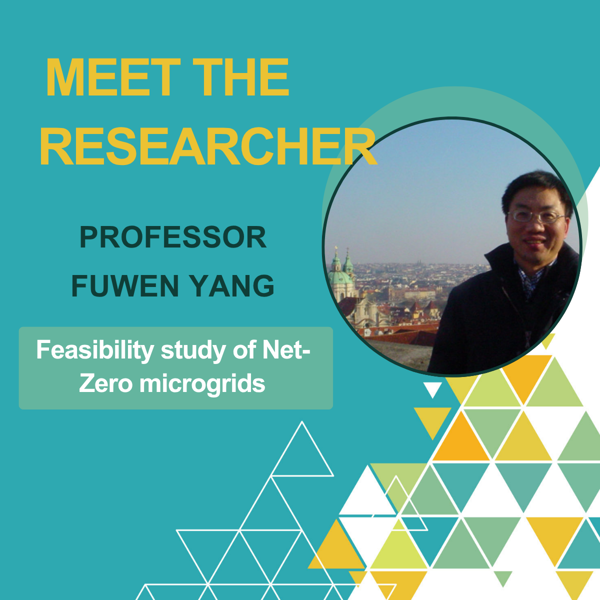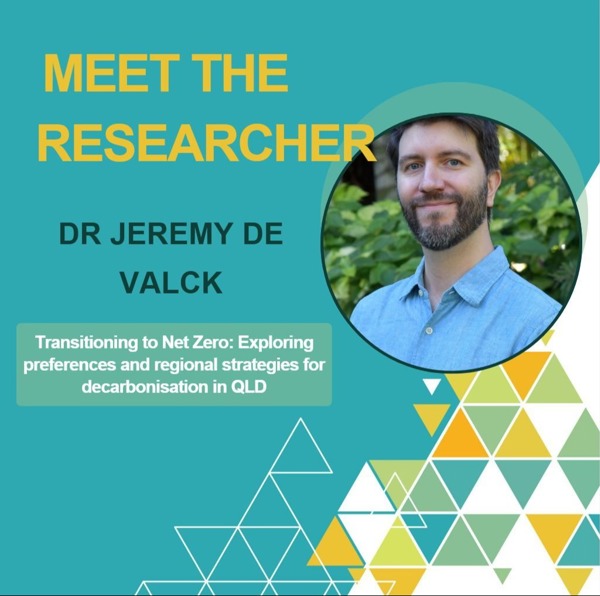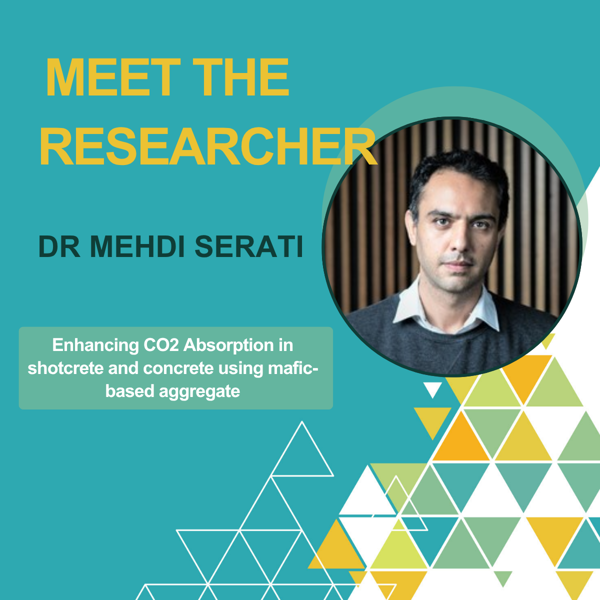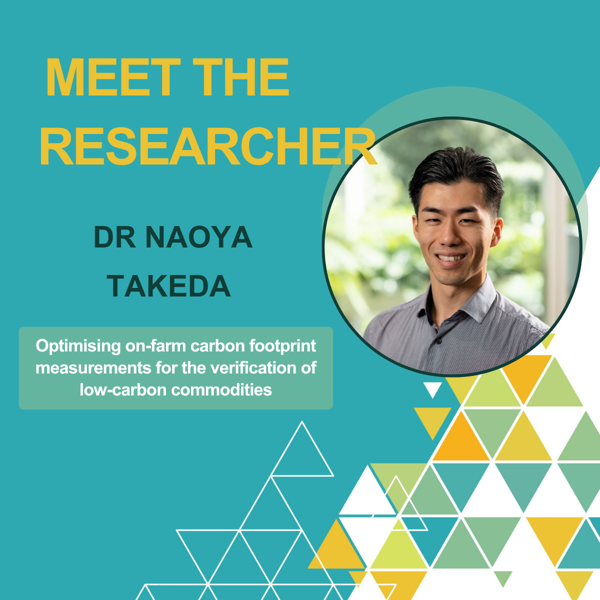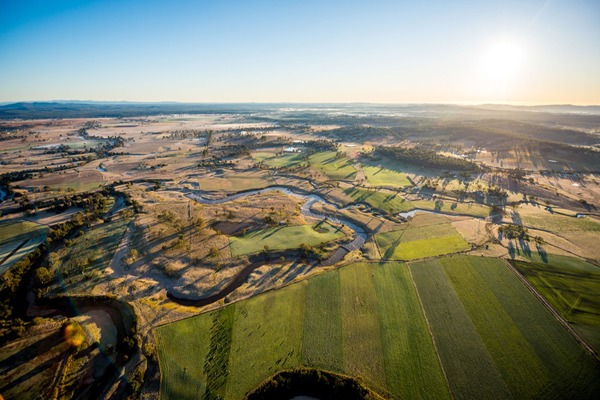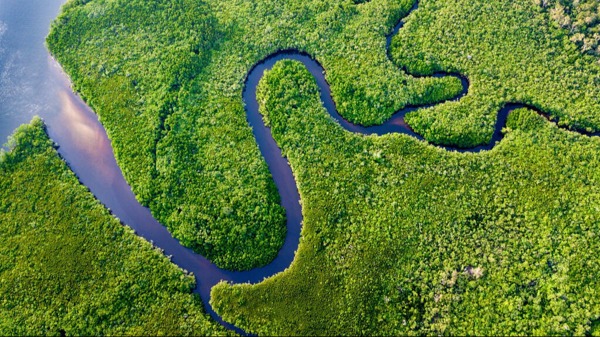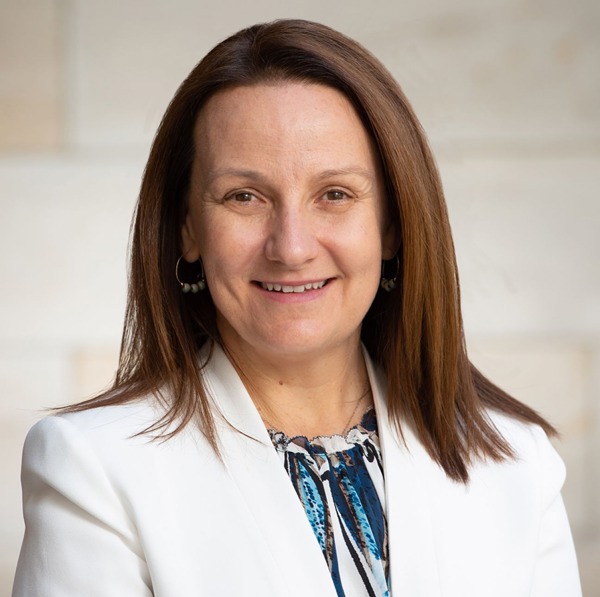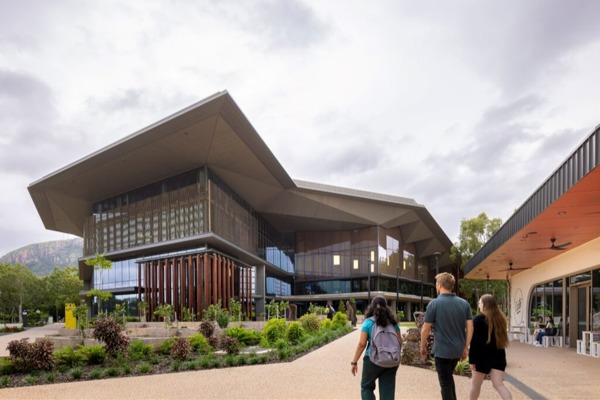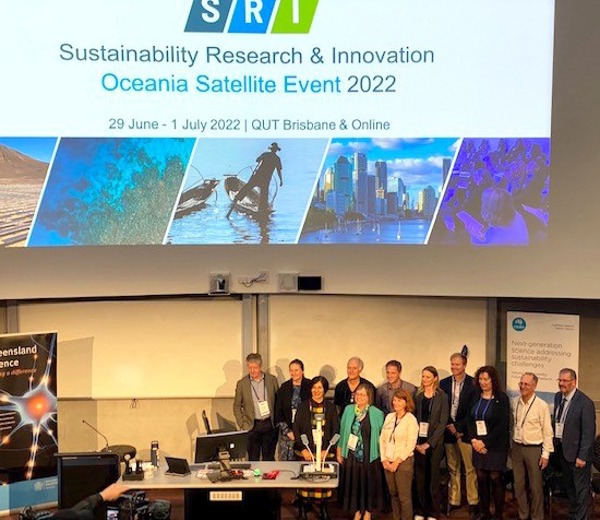Lin Schwarzkopf is a Distinguished Professor of Ecology at James Cook University whose research has advanced knowledge of vertebrate interactions with their habitats and responses to environmental changes. She has investigated shelter site selection, predator avoidance, and thermoregulation in reptiles and amphibians, explored the effects of logging, grazing, and invasive weeds on native fauna, and developed innovative acoustic traps to control invasive cane toads. More recently, she has become a leader in ecoacoustics, pioneering the use of animal sounds to monitor biodiversity, track threatened species (such as the Southern Black-Throated Finch) and interpret ecological patterns across landscapes
Prof. Schwarzkopf is currently leading the An Outstanding Opportunity: Using solar farms for biodiversity preservation project for the Hub. We asked her a few questions about herself and her research:
- Describe your research project in a single sentence.
Assessing the capacity of solar farms to support biodiversity, compared to degraded farmland.
- Can you introduce the key members of your research team and briefly explain what their roles/expertise and contributions to the project are (this includes you!)?
Sebastian Hoefer: conducting the study, expert on biodiversity measurement using acoustic and traditional trapping and searching methods.
Eric Nordberg: developing a study program specifically addressing enhancing biodiversity in solar farms
Lin Schwarzkopf: supervising large scale biodiversity measurement projects on land affected by anthropogenic uses.
- What first inspired you to take on this research topic?
The rapid growth of solar farms on degraded farmland in Queensland suggested a need to understand their impact on our unique biodiversity, especially in comparison to previous uses.
- What do you hope your research will contribute to the world?
I hope we will have a clearer understanding of the impact of solar farms on biodiversity. We should be able to recommend pathways to low biodiversity impact once we know what fauna uses these areas. This should improve land management on solar farms more broadly.
- What would make the biggest difference in helping your research have impact?
It would be impactful to conduct similar studies on a broader range of solar farms, especially in arid areas, where many are situated, so we could better advise solar farms on management to protect biodiversity.
- If you could amplify one positive trend already underway, what would it be and why?
Solar farms may actually improve biodiversity in tropical regions through the provision of shade and structure on otherwise degraded land. Positive management of these farms could further improve biodiversity.
- What does your dream job look like?
Director, Centre for Tropical Ecoacoustics Studies
- Direct a small team of post-graduates, post-docs and academics to develop ecoacoustics into a robust monitoring method used routinely by government, NGOs and conservationists, as well as researchers. Ensure it is continued.
- What does an ideal non-working day look like to you?
Beach, swims, walks, book, great TV series.
- In your opinion, what is the single best thing anyone can do to support decarbonisation?
Equip your house with sufficient solar and batteries, drive an EV.
- What’s one fun fact about you?
In my spare time I enjoy printmaking.
Find out more about Prof. Schwarzkopf’s research and publications here.
